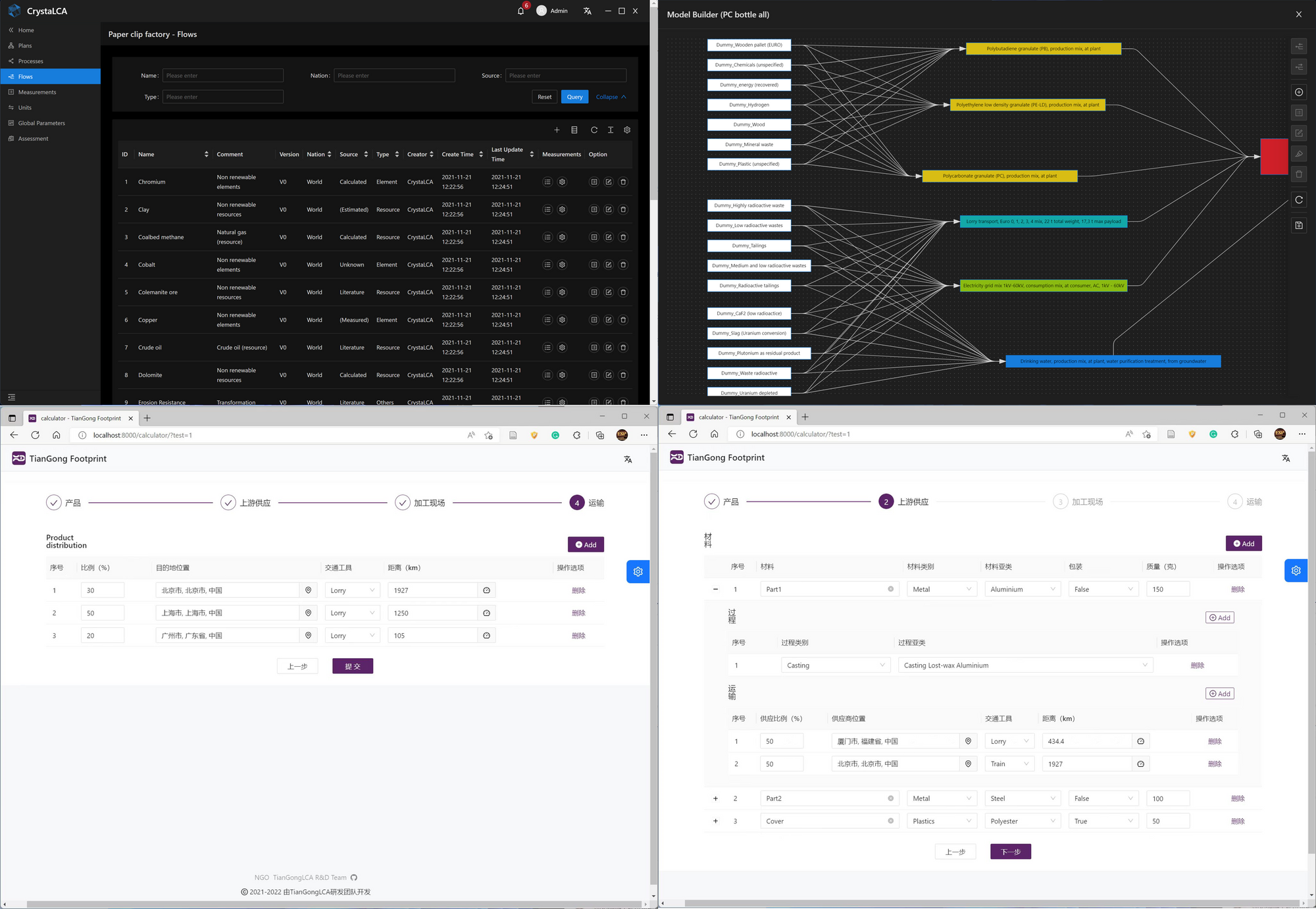The research team of environmental data science and system engineering at the School of Environment in Tsinghua University, established by Professor Ming Xu, the Carbon Neutrality Chair Professor. The team aims to address the significant demand for achieving the "Carbon peaking and Carbon neutrality" goals of the country, regions, industries, and enterprises. Based on the theories of environmental systems engineering and the methods of environmental data science, the team conducts research in Chinese industrial system "genome sequencing", life cycle assessment, carbon footprint accounting and analysis, construction of a data space for green and low-carbon industrial development, and data-knowledge-driven green and low-carbon industrial transformation theory, tools, software, and solution. The team aims to address practical issues such as low-carbon development path planning, green product design, ESG and green finance for key industries under the background of "carbon peaking and carbon neutrality" goals.
The current research areas of the team include:
1. Strengthening the data base for China’s green and low-carbon development: Developing industrial unit process data covering the whole industry for products and technologies in the industrial system, building a completely free open and shared background data system for life cycle assessment and carbon footprint accounting.
- Key industrial unit process data: Integration, sorting, exploration, supplementation, and inference enabled by AI technology.
- "Reference genome" of the Chinese industrial system: Establishing mechanism for collecting and reviewing industrial unit process background data, Building a life cycle unit process background database open-sourced to the whole industry through peer review.
- The “reference genome map” of the Chinese industrial system, providing knowledge-based data services.
2. Building a data credit system for China’s green and low-carbon development: Build a data space for green and low-carbon development of Chinese industry and construct a new type of digital infrastructure and technical solutions based on trusted, secure sharing, and dissemination.
- Design the technical architecture and framework of the data space, and apply data security, privacy computing, certification tracking, and data control technologies.
- Formulating standards and methodologies for industrial product life cycle assessment and carbon footprint accounting based on data quality, interaction, and application requirements.
- Based on a standard and complete genome map of the Chinese industrial system, form secure, trustworthy, and unified data applications and output results.
3. Supporting green and low-carbon transformation of Chinese industry: data-knowledge-driven research and consulting on green and low-carbon transformation of Chinese industry, research and development of digital intelligence green low-carbon decision support tools and solutions.
- Research and consulting on low-carbon development path planning for industries, regions, and enterprises.
- Intelligent green design, environmental compliance, green finance, and ESG consulting for key industrial products.
- Development of open-source data-knowledge driven green and low-carbon toolkits, including but not limited to life cycle assessment software, carbon footprint calculators, green product design tools, and turnkey solutions.

4. Enhance the green and low-carbon development of Chinese industry and promote international recognition: Organize international authoritative research institutions, benchmarking enterprises in key industries, international organizations, and various groups to form a community of government, industry, academia, research, and application.
- Operating an open-source community for the development of background data and software tools for life cycle assessment of industrial units.
- Build an Environmental Product Declaration (EPD) project in China with industry influence and international discourse power based on the data credit system.
- Establish a green and low-carbon development ecosystem that integrating government, industry, academia, research, and application, guiding and promoting the green and low-carbon transformation, supporting the achievement of the" Carbon Peaking and Carbon Neutrality " goal and the construction of ecological civilization.



